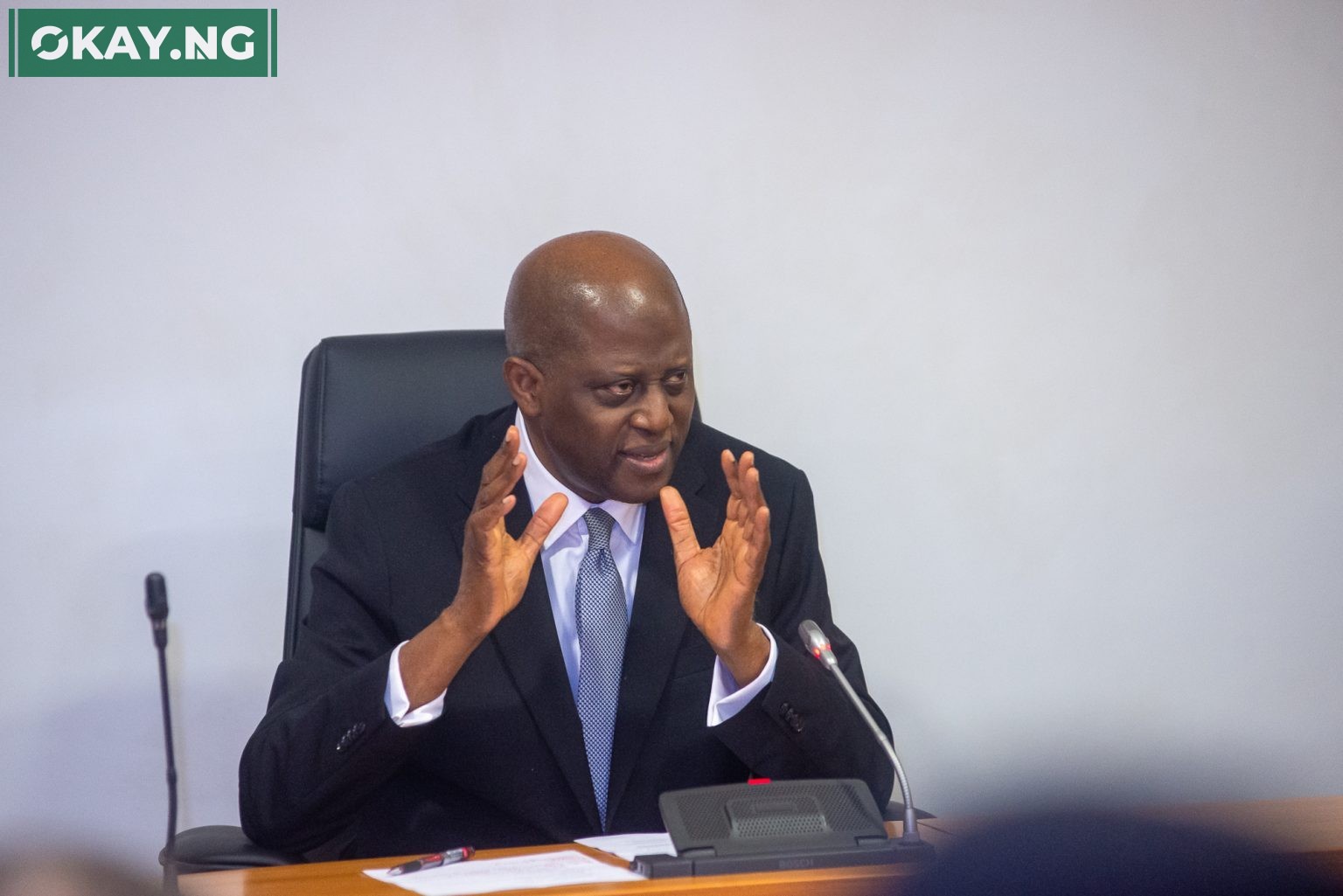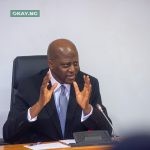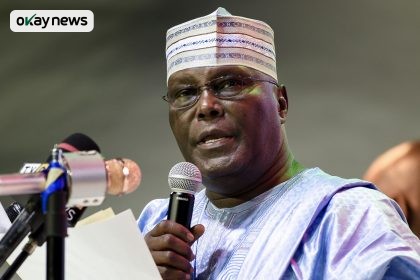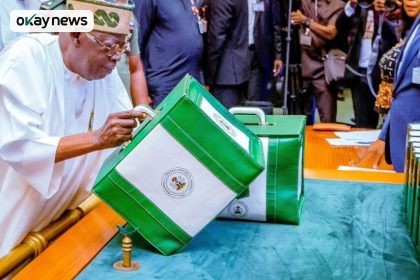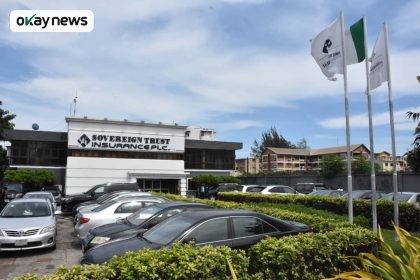The Nigerian economy appears to be charting a course toward recovery, with key indicators suggesting a positive shift. Central Bank of Nigeria (CBN) Governor, Olayemi Cardoso, expressed cautious optimism about the nation’s economic outlook, highlighting a downward trend in inflation and other encouraging macroeconomic developments. Speaking at the recent Monetary Policy Committee (MPC) meeting, Cardoso conveyed a sense of progress while acknowledging the persistent challenges that remain.
“At this meeting, the Monetary Policy Committee noted with satisfaction recent macroeconomic developments which are expected to positively impact the price dynamics in the near to medium term,” Cardoso stated, pointing to “the stability in the foreign exchange market with the resultant appreciation of the exchange rate and the moderation in the price of PMS” as key factors. This stability in the forex market is a welcome relief for businesses and individuals alike, potentially easing import costs and fostering greater economic confidence. As an economic analyst, I see this as a crucial step towards restoring investor confidence and attracting much-needed foreign direct investment.
However, the governor tempered his optimism with a dose of realism, acknowledging that inflationary pressures, particularly those driven by escalating food prices, continue to pose a significant hurdle. “Members, however, were not oblivious of the persisting inflationary pressures, driven largely by food prices,” he said. This resonates with the lived experience of many Nigerians who are grappling with the rising cost of essential goods. While the recent rebasing of the Consumer Price Index (CPI) by the National Bureau of Statistics (NBS) offers a more accurate reflection of current consumption patterns, it doesn’t diminish the real-world impact of high food prices on household budgets. The rebasing, which saw a significant drop in the inflation rate from the previously reported 34.80% in December 2024, has been a topic of much discussion. It’s vital to remember, as Cardoso cautioned, “Nobody should infer that inflation has fallen to that level.” This emphasises the importance of sustained policy measures to truly curb inflation and improve the purchasing power of Nigerians.
Read Also: CBN Digital Finance Inclusion, Cardoso Economic Policy, Nigeria Recapitalization
The CBN’s stance underscores the delicate balancing act required to manage the nation’s economy. While the positive signs are encouraging, it’s crucial to maintain a long-term perspective. The fight against inflation is far from over, and the CBN’s continued vigilance is essential. The human angle here is clear: economic stability translates to improved livelihoods, greater opportunities, and a more secure future for all Nigerians. We must remain patient, as Cardoso urged, and allow these economic policies to fully take root. The journey to sustainable economic growth requires perseverance, strategic planning, and a commitment to addressing the root causes of our economic challenges.


